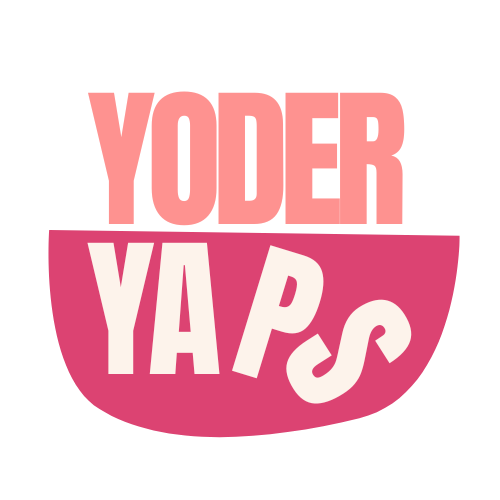BEYOND THE BINARY BRAIN
I saw this painting at a local art fair in Durham, and it is the best visual explanation of what my ADHD brain feels like! (Artist: Taylor Bragg - @bragg_about_art on Instagram)
Neurodivergent brains are cool!
I don’t know if it’s because Halloween just happened or if it’s because I just watched the 1931 movie, Frankenstein, but I’ve been thinking a lot about brains lately. I promise you I’m not a zombie, but I think if I didn’t choose the advertising and public relations career route, I would be interested in neuroscience or psychology because of how fascinated I am by the human brain and how it functions.
The brain is an incredible, complex organ uniquely wired in each of us. It shapes who we are, helps us navigate life, and never fails to intrigue me. Remarkably, humans can even survive with half a brain, thanks to its extraordinary ability to reorganize and adapt. But what truly captivates me is exploring neurodivergent brains and the diverse ways they experience and interpret the world.
As I have mentioned before, I have ADHD. This means that I have a neurodivergent brain. People with neurodivergent brains are known to have different strengths and challenges than people with binary brains. The related term "neurodiversity" recognizes that everyone's brain develops uniquely, similar to fingerprints. While some people who are neurodivergent have medical conditions, it also happens to people where a medical condition or diagnosis hasn’t been identified.
People who are neurodivergent are often very creative, are topic experts, are more loyal and honest, have better visual acuity, are more understanding, and are more interested in social issues. However, with these strengths come many challenges such as social communication, executive function skills, and sensory sensitivities: sensitivity to light, sound, touch, and smells; clumsiness, difficulty focusing, and higher rates of anxiety, depression, or loneliness.
Understanding neurodivergent brains like mine helps me appreciate some of the brain’s most remarkable traits. I’ve learned that people with ADHD, autism, dyslexia, and other variations often process information in ways that make them uniquely adept in specific areas. For example, ADHD brains have the ability to hyperfocus on tasks that truly interest them, diving deeply and intensively into subjects they’re passionate about. This often results in high expertise and dedication to topics that captivate us—something I can definitely relate to in my own projects. However, hyperfocus can also make shifting attention a challenge, which is why I sometimes struggle with planning and time management.
My deep interest in psychology, especially the psychology of neurodivergent children, has roots in my own experiences and an early sense of empathy for minds that work differently. Before committing to studying advertising and public relations in college, I wanted to go to school to become an art therapist for the longest time. Inspired by its unique potential to help people express emotions beyond words, art therapy became particularly meaningful to me when I was diagnosed with ADHD, as it was a part of the diagnosis process itself. In that setting, I saw firsthand how the act of creating art could foster healing and understanding, opening doors to self-expression in ways that words sometimes can't.
As someone who has experienced the frustrations, misunderstandings, and setbacks that come with navigating a world that isn’t always built for neurodivergent minds, I have a strong passion for advocating for neurodivergent individuals and creatives. I’ve learned to see my own mind as a source of creativity, resilience, and inspiration—qualities that I now hope to share with others, particularly young children with undiagnosed learning disabilities. I want to show them that while their journey may involve difficulties, those challenges don’t define them. Instead, they can be stepping stones to a life full of achievement and creativity.
So maybe it isn’t so surprising that I’m drawn to exploring the mysteries of the brain. The brain—especially a neurodivergent one like mine—has always felt like a puzzle worth solving, revealing new strengths and insights the more I learn about it. Just like the brain’s ability to adapt and thrive, I’m constantly learning to see challenges as opportunities for growth and creativity. For me, understanding the brain is a reminder that the things that make us different are also what make us powerful. In that sense, maybe we’re all a bit like Dr. Frankenstein, learning to embrace and celebrate the extraordinary minds we create within ourselves.

